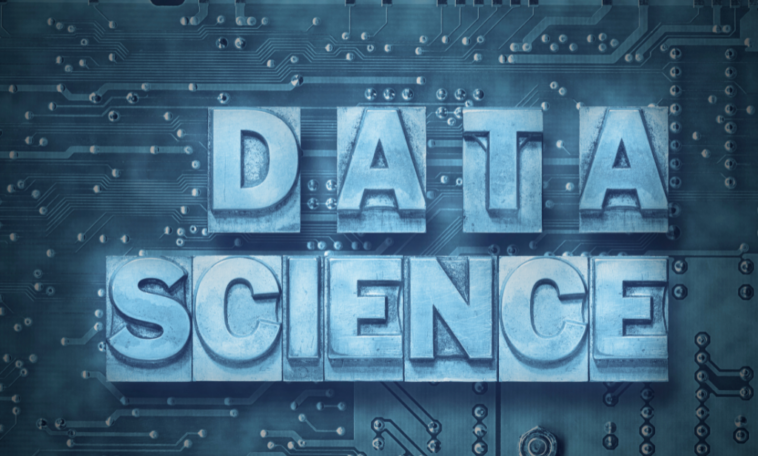In the fast-evolving landscape of technology and business, data science has emerged as a pivotal force driving decision-making and innovation across industries. Harnessing the power of data, organizations can gain profound insights that pave the way for strategic advancements, operational efficiencies, and competitive advantage. This article explores the fundamental principles, applications, and transformative impact of data science, illustrating its journey from raw data to actionable insights.
Understanding Data Science
At its core, data science encompasses a multifaceted approach to extracting knowledge and insights from data. It integrates elements of statistics, computer science, and domain expertise to interpret complex datasets and uncover meaningful patterns. Central to this discipline are various techniques such as data mining, machine learning, and predictive analytics, each playing a crucial role in deriving actionable insights from data.
The Role of Data in Modern Business
In today’s digital age, data has become a cornerstone of decision-making processes for businesses of all sizes. Companies may improve consumer experiences, streamline processes, and spur innovation by utilizing data science methodologies. For instance, retail giants use predictive analytics to forecast demand and manage inventory effectively, while healthcare providers employ machine learning to diagnose diseases and personalize treatment plans.
Key Components of Data Science
1. Data Collection and Preprocessing
The journey begins with the acquisition of data from various sources, ranging from structured databases to unstructured text and multimedia. Ensuring data quality and relevance is paramount, often involving preprocessing steps like cleaning, normalization, and transformation to prepare the data for analysis.
2. Exploratory Data Analysis (EDA)
EDA involves visually and statistically exploring datasets to identify patterns, anomalies, and relationships. Techniques such as data visualization and summary statistics provide initial insights into the data’s characteristics, informing subsequent modeling decisions.
3. Machine Learning and Predictive Modeling
Machine learning algorithms form the heart of many data science applications, enabling computers to learn from data and make predictions or decisions. Supervised learning, unsupervised learning, and reinforcement learning are among the key paradigms used to tackle classification, regression, clustering, and other tasks.
4. Model Evaluation and Optimization
After building models, rigorous evaluation using metrics like accuracy, precision, recall, and F1-score ensures their effectiveness. Optimization techniques such as hyperparameter tuning and feature selection refine models to improve performance and generalizability.
Applications Across Industries
1. Finance and Banking
In finance, data science aids in fraud detection, algorithmic trading, credit scoring, and risk management. By analyzing transactional data and market trends, institutions can mitigate risks and optimize investment strategies.
2. Healthcare
Healthcare providers leverage data science for personalized medicine, disease prediction, and clinical decision support. Analyzing electronic health records and genomic data enhances diagnostic accuracy and treatment outcomes.
3. Marketing and Customer Insights
Data-driven marketing strategies rely on customer segmentation, sentiment analysis, and recommendation systems to enhance targeting and engagement. Analyzing consumer behavior and preferences enables businesses to tailor offerings and improve customer satisfaction.
4. Manufacturing and Supply Chain
Predictive maintenance, quality control, and supply chain optimization benefit from data science applications in manufacturing. Real-time data analytics minimize downtime, reduce defects, and streamline logistics operations.
Ethical Considerations and Challenges
While data science offers unprecedented opportunities, it also raises ethical concerns regarding privacy, bias, and algorithmic accountability. Responsible data stewardship involves ensuring transparency, fairness, and informed consent in data collection, usage, and interpretation.
Future Trends and Innovations
Looking ahead, advancements in artificial intelligence (AI), natural language processing (NLP), and Internet of Things (IoT) will continue to reshape the data science landscape. From autonomous systems to personalized AI-driven experiences, the convergence of technologies promises to unlock new frontiers in innovation across sectors.
Conclusion
In conclusion, data science represents a transformative force that empowers organizations to derive actionable insights from vast amounts of data. By leveraging advanced techniques and technologies, businesses can optimize operations, enhance decision-making, and foster innovation. However, navigating ethical considerations and overcoming technical challenges, including those addressed in a Data Science Training Course in Navi Mumbai, Mumbai, Thane, Delhi, Noida and other cities of India are crucial to realizing the full potential of data science in a responsible and sustainable manner. As we embrace a data-driven future, the synergy between human expertise and technological capabilities will be essential in shaping a more informed, efficient, and equitable society.
This post was created with our nice and easy submission form. Create your post!





